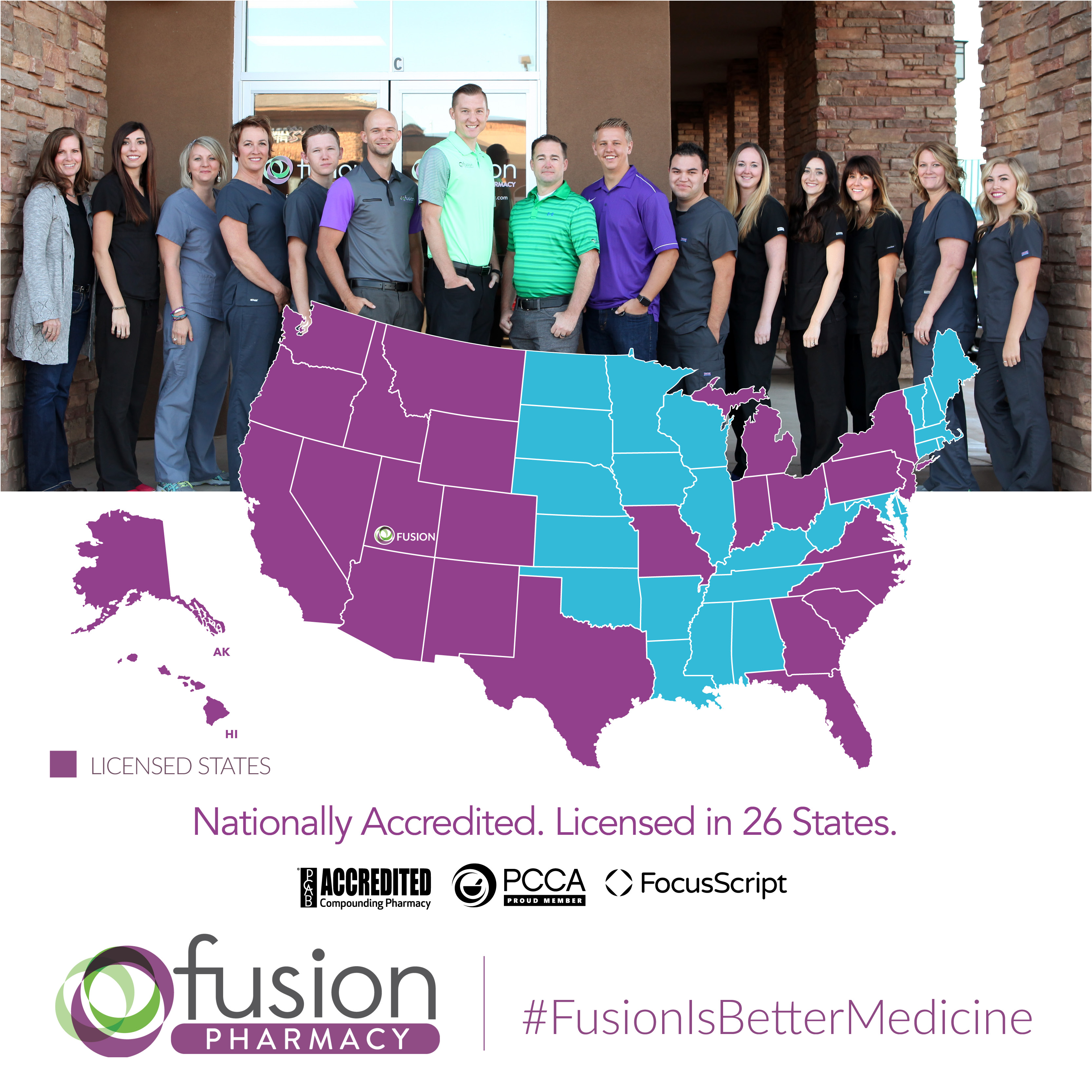
Such technologies have the potential to dramatically reduce the number of individuals afflicted by chronic illnesses like diabetes, cardiovascular disease and chronic respiratory disease, and lead to earlier diagnosis of diseases like cancer.Īt a time when the above illnesses make up a significant portion of pharma’s activity worldwide, evolutions here are likely to have a big impact on the pharma industry. These have to do with the advent and rapid adoption of “personal diagnostic” tools in the form of wearables like the Apple Watch. There may be little the pharmaceutical industry can do to hasten recovery from these global events, but there are longer-term trends pharma boards should be planning for already. The pandemic, and the shocking amount of misinformation that spread rapidly through social media and was even touted by government officials, has weakened the public’s trust in the pharmaceutical industry and its products.Ĭompounding the financial effects of the pandemic, Russia’s occupation of Ukraine and the subsequent global disruptions in essentials like grain and oil have additionally led to significantly reduced customer purchasing power. In the short-term, the pharma industry is likely to feel the effects of Covid-19 for several more years yet. The healthcare industry may not be able to accurately predict when the next pandemic will occur, but there are other significant risk factors on the horizon that pharmaceutical companies can and should prepare for.

Like many other sectors, pharma was forced to digitise rapidly, while everyday operations underwent important transformations.

Pharmaceutical boards can (perhaps) be forgiven for not having had contingency plans in place for a global pandemic of the scale and duration of Coronavirus.īut the fact of the matter is that Covid caught everybody quite off guard, exposing weaknesses in supply chains and shaking the public’s confidence in pharmaceutical and related businesses (despite the industry’s admittedly pharaonic efforts in rapidly producing Covid-19 testers and then vaccines). An epidemiologist might tell you that a modern global pandemic like Covid-19 was inevitable (and that, of all the world’s industries, healthcare and pharma should have seen it coming and been long since prepared).īut pandemics, like all natural disasters, are hard to predict.


 0 kommentar(er)
0 kommentar(er)
